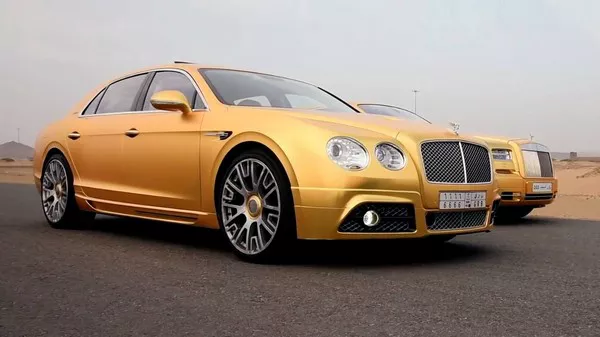New energy vehicles are no stranger to us, and they are everywhere on the street now.
In recent years, from the national to local, with the introduction of a series of new energy support policies, new energy vehicles are absolutely the number one hot car industry.
Energy conservation and environmental protection is the general understanding of new energy vehicles, but also its main publicity.
But, apart from that, do you know why it can be so popular, out of control?
Let’s learn about the advantages and disadvantages of new energy vehicles.
Pure electric vehicles can achieve zero pollution in the operation process, completely do not emit harmful gases that pollute the atmosphere.
Even when converted to power plant emissions by electricity consumption, they cause less pollution than conventional cars because power plants have a higher energy conversion rate and centralised emissions make it easier to pretend to be abatement equipment.
In 2014, the national and local governments provided subsidies of up to 114,000 yuan for electric vehicles, which enabled the price of electric vehicles with high battery costs to fall to the same level as traditional cars.
At a time of high oil prices, electric cars are much cheaper to run than conventional cars.
Three advantages of new energy vehicles: low noise, more comfortable motor in operation noise and vibration levels are far less than the traditional internal combustion engine.
At idle speed and low speed, the comfort of electric vehicles is much higher than that of traditional cars. With the increase of speed, tire noise and wind noise become the main sources of noise, and they return to the same level.
This feature of electric vehicles will undoubtedly be of great help to improve the NVH performance of vehicles.
Four advantages of new energy vehicles: energy saving electric vehicles 100 kilometers of power consumption is 15-20kwh, counting the loss of power plants and motors, 100 kilometers of energy consumption is about 7 kilograms of standard coal.
The energy consumption of traditional cars is about 10 kg of standard coal according to the fuel consumption of 10L per 100 km.
And in congested urban environments, the energy-saving advantages of electric vehicles will be further amplified.












































